Coronavirus calm: NSW Premier Gladys Berejiklian rebuffs Covid lockdown calls
Health officials in NSW are increasingly confident the state’s contract tracing effort is holding – and a lockdown appeared less likely to be needed.
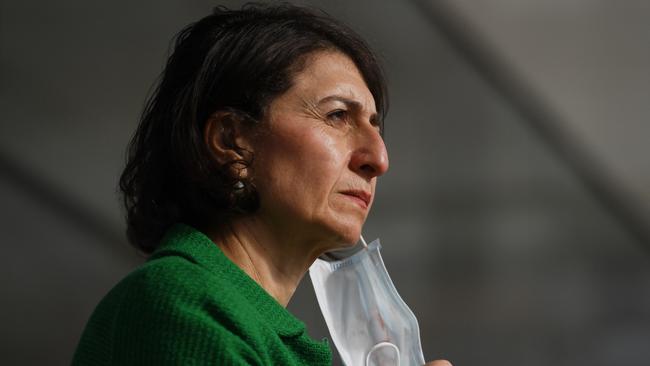
Health officials in NSW are increasingly confident the state’s contract tracing effort is holding – and a lockdown appeared less likely to be needed – despite the spread of cases outside of Sydney’s eastern suburbs including into Parliament House.
While there were 11 new cases in NSW on Thursday – and three in Victoria – officials said a sense of serious concern from Premier Gladys Berejiklian and the state’s chief health officer, Kerry Chant, had eased as contact tracers managed to track the spread of Covid-19.
There was no discussion of lockdowns nor a request for additional resources, said sources involved in the briefings who were prevented from speaking publicly.
Ms Berejiklian and Dr Chant, however, stopped short of ruling out further restrictions if the number of cases that could not be linked to existing infections grew, with the Premier describing the outbreak as the “scariest period” since the pandemic began.
“It is a very contagious variant but at the same time we are at this stage comfortable that the settings that are in place are the appropriate settings,” Ms Berejiklian said.
Employer groups hailed the deferral of a citywide lockdown, describing it as “proportionate and balanced”, although some epidemiologists warned the NSW government was pursuing a high-risk strategy and urgently needed to consider more restrictions.
There are now 49 Covid-19 cases in the city since a limousine driver contracted the virus transporting airline crew and tested positive on June 16.
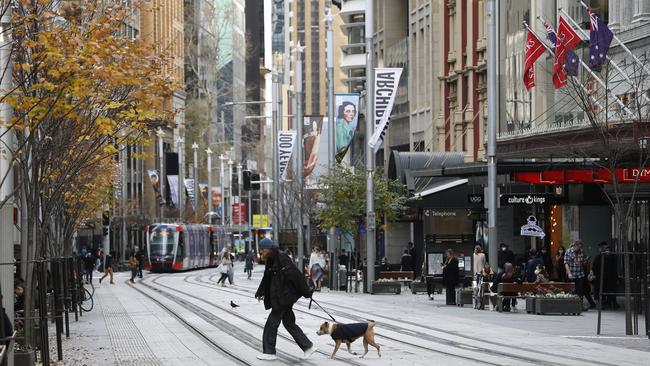
Investigations into that case are ongoing, with police examining the conduct of the driver and limousine company.
All but one of the cases recorded on Thursday were linked to a known source, with the largest cluster – now 36 infections – still concentrated in Sydney’s east.
Of most concern are three cases whose origins remain unidentified, but that number remained too low to justify a full-scale lockdown to halt the movement of people and catch up on tracing efforts, Dr Chant said.
“I am not dismissing any situation, but that is the purpose of that strategy, to get it to a pause. We are not in that situation,” she said. “You have a sudden surge of cases and you want everybody to stay in the same place, and that allows you to get any backlog of any contact tracing.”
The unlinked cases include a hairdresser, a nine-year-old child from St Charles Primary School in Waverley, and a healthcare worker – all in the city’s eastern suburbs. No cases have been linked to the nine-year-old but three contacts of the hairdresser have tested positive.
Victoria declared a swath of Greater Sydney and surrounding regions as a red zone – stopping all non-essential travel – as restrictions on Melbourne eased on Thursday.
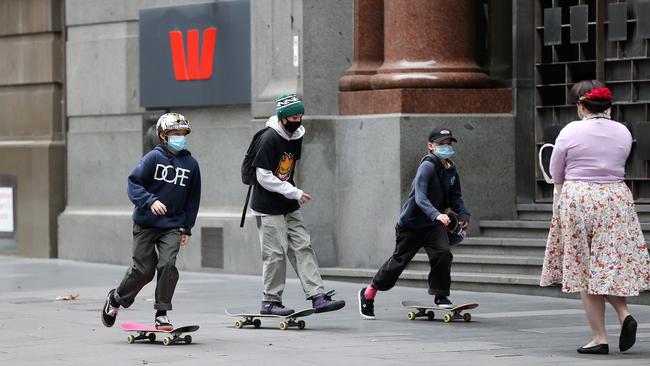
A man in his 60s, who was visiting his daughter in Sydney and returned to Melbourne on Sunday tested positive to Covid-19 and on Thursday his co-worker at a Sandringham drycleaner was also confirmed to have the coronavirus.
As NSW officials worked to contain the spread of cases, concerns were heightening around a potential cluster that had emerged in parliament following a positive test recorded by Agriculture Minister Adam Marshall.
Mr Marshall attended a dinner with three NSW Nationals colleagues at Christo’s Pizza in Paddington on Monday only to learn of his exposure to the virus the following evening. By then he had attended a joint-party room meeting, question time, and a budget night dinner.
Ms Berejiklian attended the same budget night dinner as Mr Marshall, along with a large number of cabinet members and government MPs, but said on Thursday that she was not required to self-isolate for 14 days because she had been deemed a “casual contact”.
There were 48,402 tests reported to 8pm on Wednesday, an increase from the previous day’s total of 44,640, though Sydney residents have been urged to raise this number further.
Economists say it is too early to gauge the impact from the existing but limited restrictions, but they were likely to be mild.
EY chief economist Joanne Masters said: “We know the most economically impactful thing is social distancing, followed by the closure of domestic borders, followed by international border restrictions.
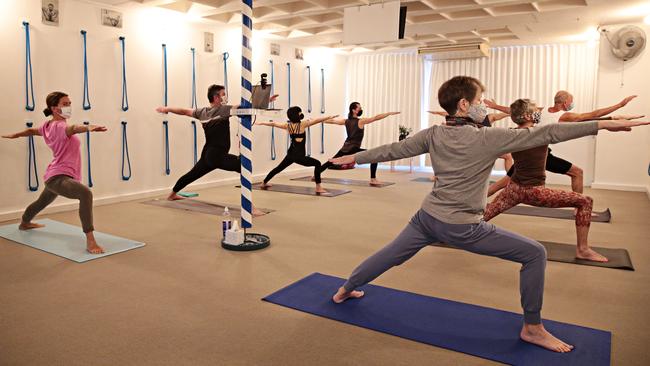
“We have been seeing a pick-up in interstate travel, but every time you have a border closure it slows that down. It’s the confidence factor.”
The northern beaches Covid-19 outbreak and lockdown cost the economy $3.2bn in lost working hours in December, according to KPMG modelling.
Helen Waldron, from employer organisation Australian Industry Group, said the NSW approached showed it was possible to achieve “the same health results without the much more widespread disruption to normal economic activity” in other states.
“Any approach to Covid-19 needs to achieve the desired health outcomes with the least disruption to normal economic and social activity and we urge the Premier to hold her ground against calls for lockdowns which would damage the state’s economy and put peoples’ livelihoods at risk,” Ms Waldron said.
Epidemiologists and public health experts remain sceptical about whether health authorities will be able to contain the spread of Covid-19 without further restrictions.
“I think the chance of them getting this without a lockdown is less than 50-50,” said University of Melbourne Epidemiologist Tony Blakely.
Professor Blakely said leaving gyms open, considering the fleeting transmissions that had taken place, was “bonkers” and called for them to be shut.
He also urged tighter limits on home visitors ahead of the weekend. “I would be very impressed and surprised if they get through this without a lockdown,” he said.
Mary-Louise McLaws, a World Health Organisation adviser, said: “One of the problems is NSW does not like to go into lockdown, as they don’t like to interfere with the business sector.
“As someone who has had experience with an outbreak I’ve seen that going in earlier has a way better outcome than waiting too late,” Professor McLaws said.
“We humans who have Saturday and Sunday off, that’s when a lot of us go out, go shopping or as we’ve seen fly to interstate.”
ADDITIONAL REPORTING: PATRICK COMMINS, RHIANNON DOWN



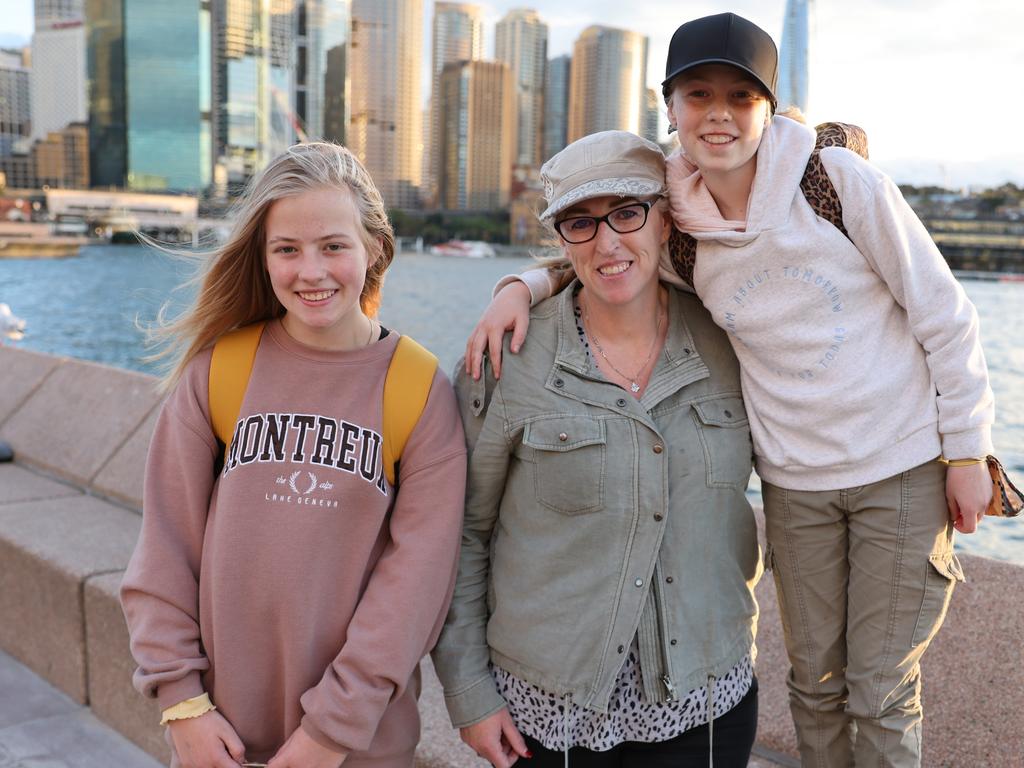
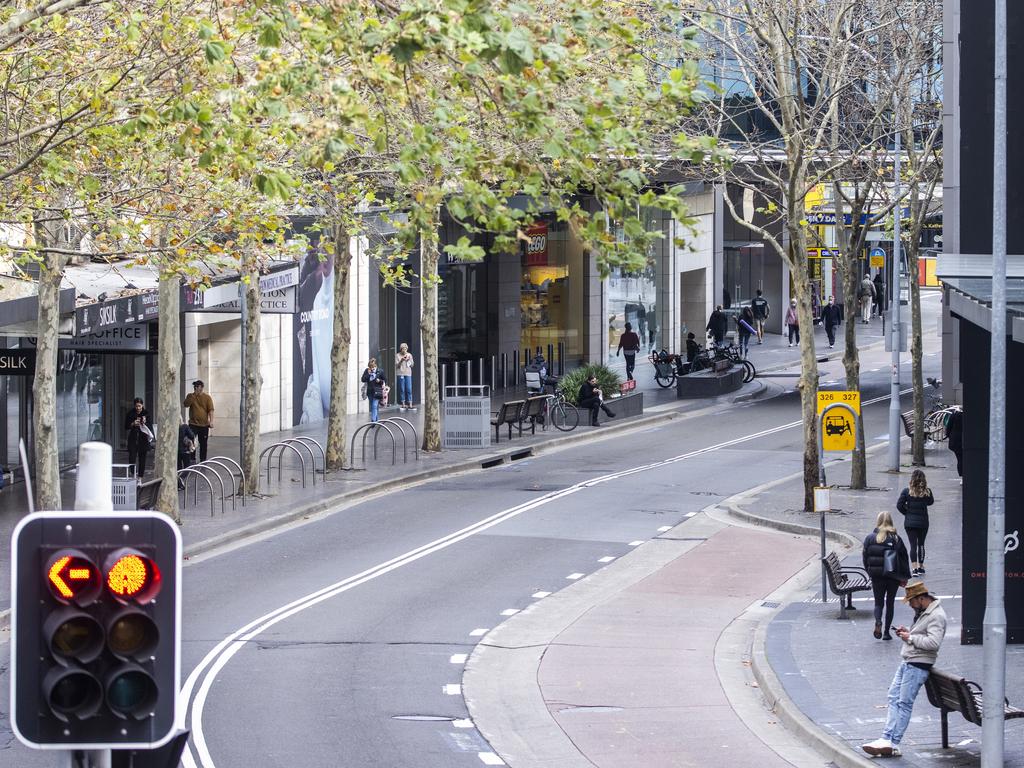
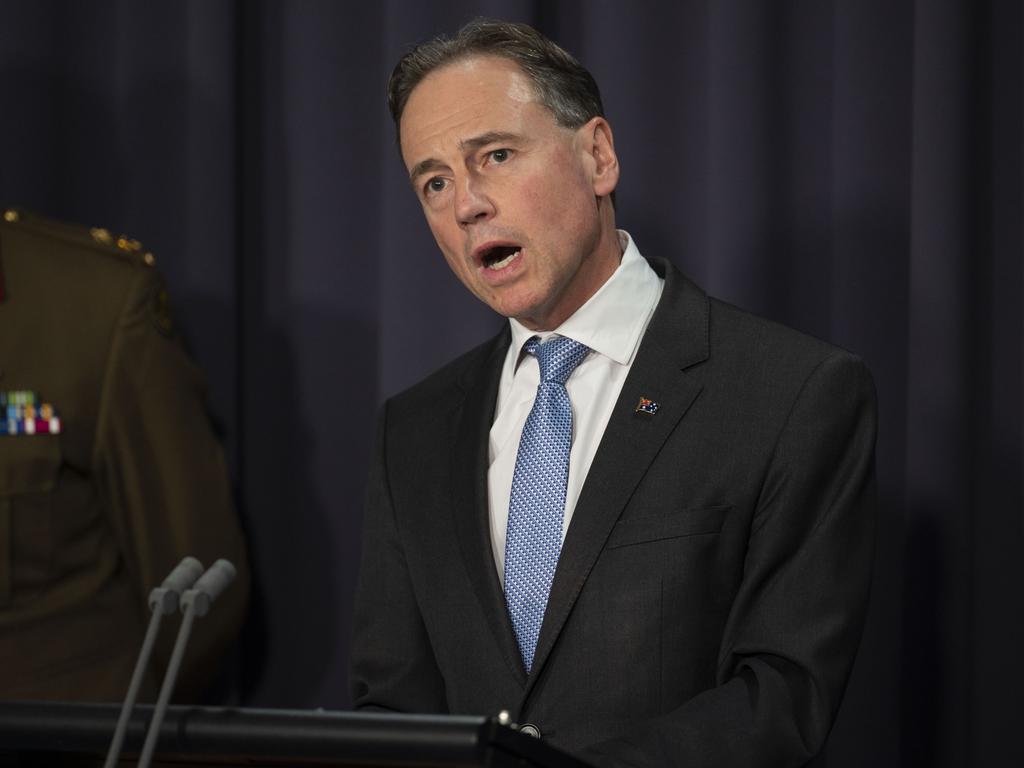


To join the conversation, please log in. Don't have an account? Register
Join the conversation, you are commenting as Logout